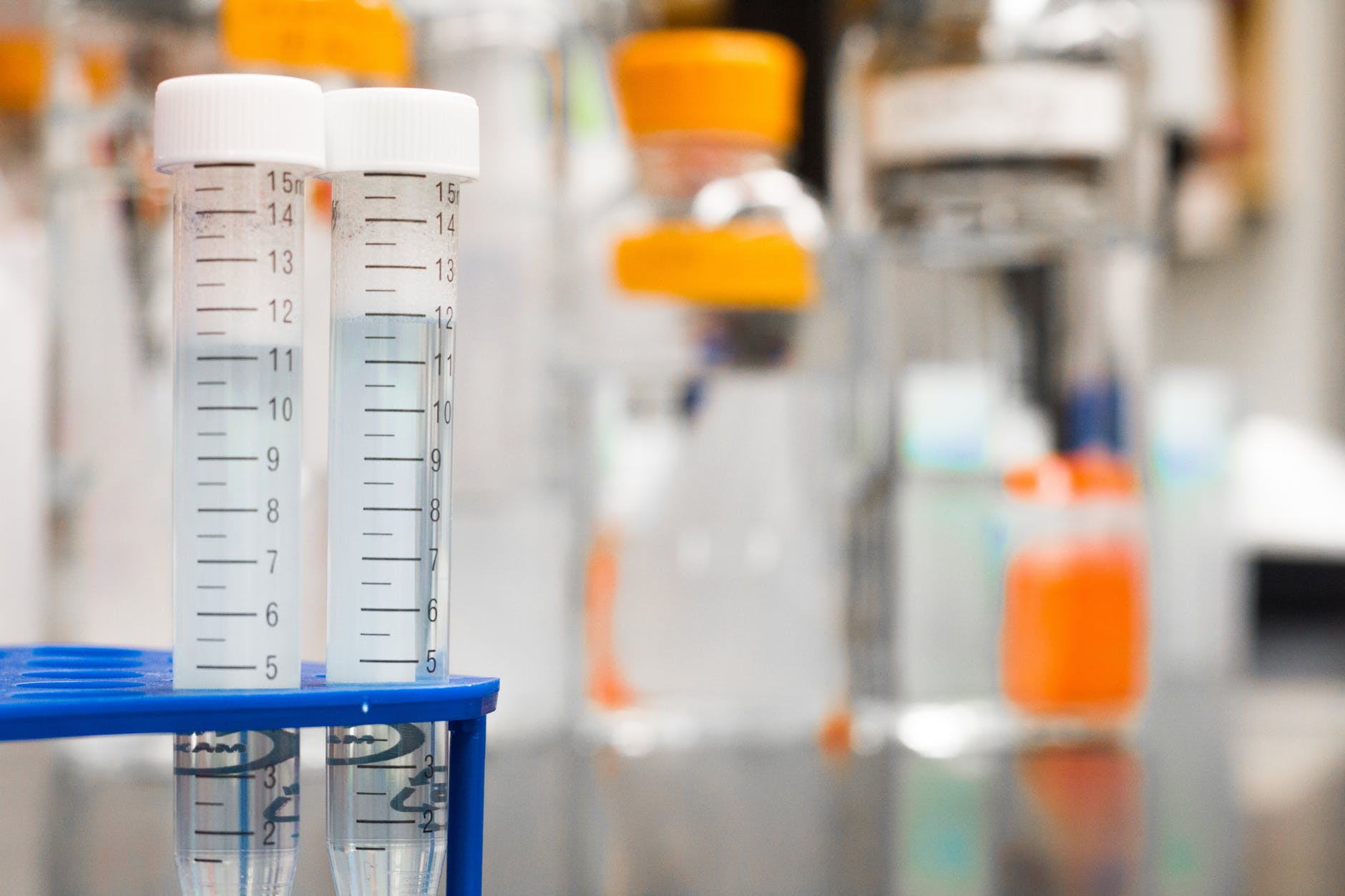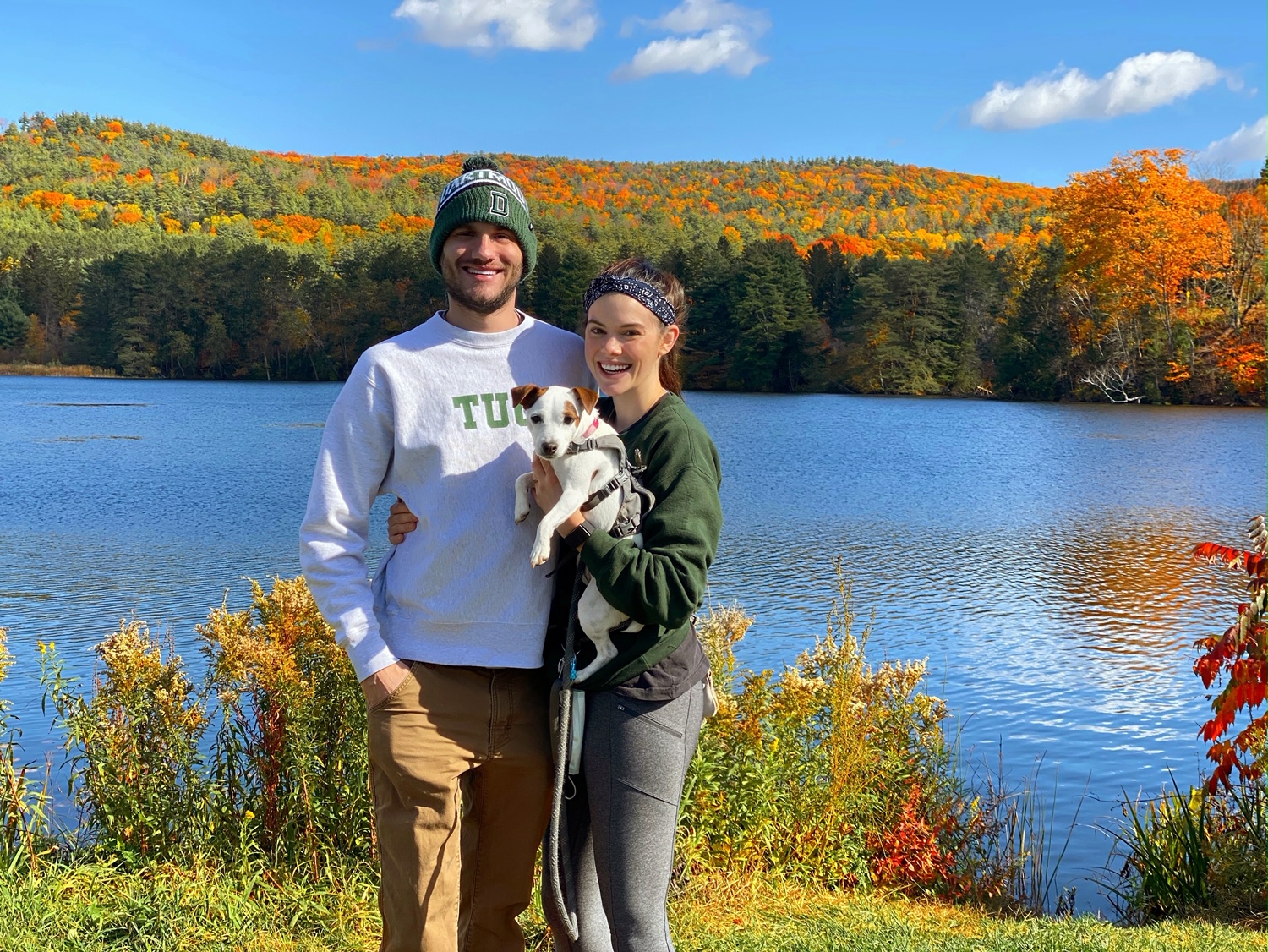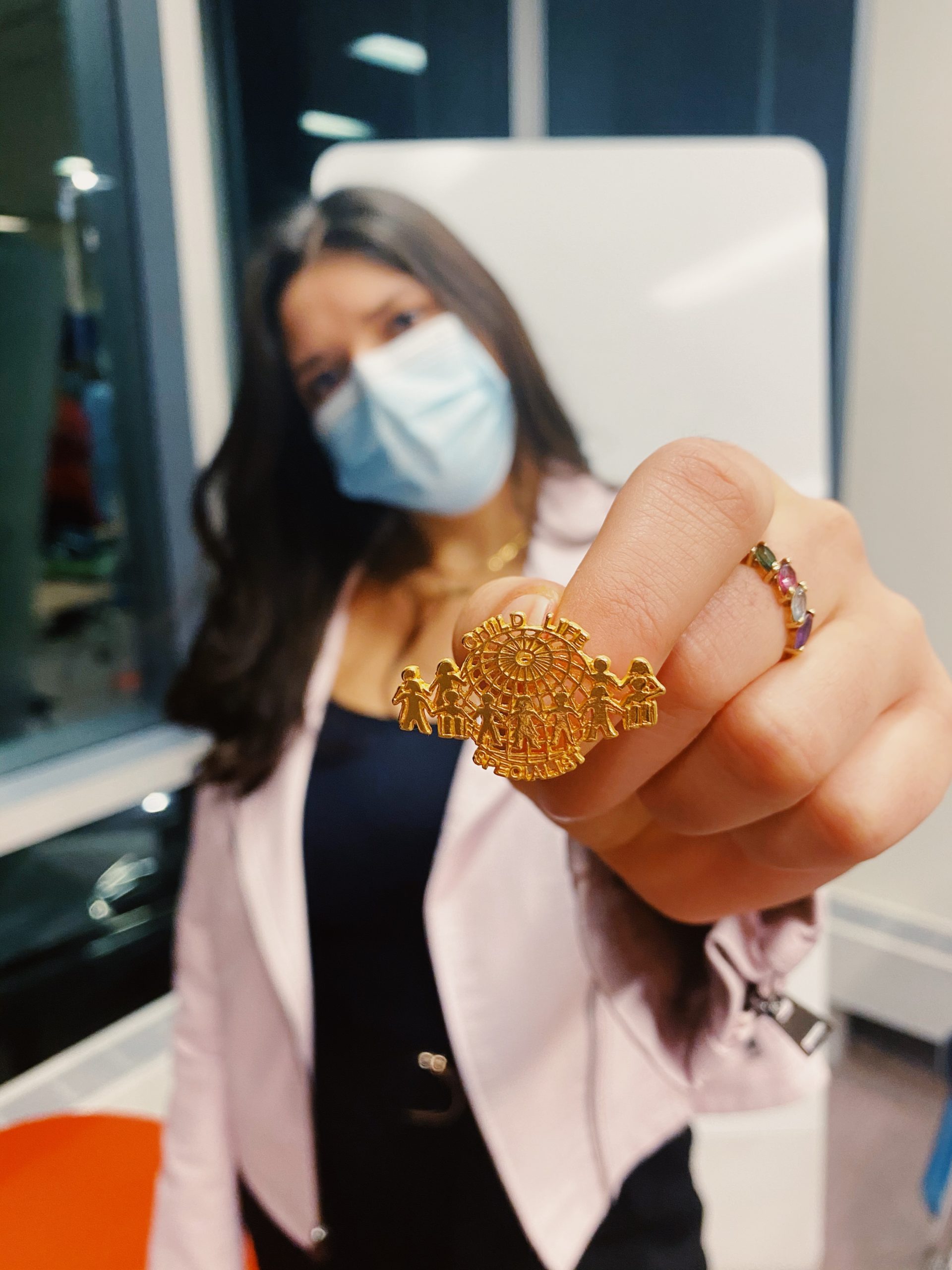Amy is back with the 4th post in her Drug Development Wednesday series!
I believe that one of the best kept secrets of CF drug development is the Therapeutics Development Network (TDN) – an entity I very rarely hear about in the CF community. What is the TDN? According to the American CFF, “The Cystic Fibrosis Therapeutics Development Network is the largest CF clinical trials network in the world. We bring together experts from across the country to evaluate the safety and effectiveness of new CF therapies through clinical studies.” The TDN is funded by the American CFF, BEF, along with drug companies and the National Institutes of Health and the FDA.
In a nutshell, the TDN removes just one more of the many barriers that exist for drug companies to develop drugs for CF. The logistics of clinical trials – those behind the scenes details that as patients we often don’t get exposure to, but can make a huge difference in whether or not a new medication gets in to our hands – are greatly assisted by the TDN.
The logistics of clinical trials can be quite hairy – they can be a costly and enormously time and resource consuming endeavor for drug companies. As you recall, phases 1-3 of the clinical trial process cost on average $1.46 billion (with $1.1 billion for the pre-clinical drug development phase).
The Therapeutics Development Network does an outstanding job expediting the process of drug development for CF. Here’s what the TDN has to offer drug companies while conducting clinical trials for potential drugs for CF:
- A single touchpoint at Seattle Children’s Research Institute that offers support throughout the clinical trial process, from start to finish
- Access to 89 CF centers across the US with extensive experience in CF clinical trials (called CF Therapeutics Development Centers)
- A group of labs, called National Resource Centers, that specialize in measuring CF clinical trial outcomes.
Identifying clinical trial sites
It can be quite challenging to find either a physicians’ office or a hospital that has the willingness and capability to conduct a clinical trial. It’s often a time consuming endeavor, that’s both resource-intense and expensive for the drug company or third-party vendor acting on behalf of the company. The check list of items to consider when choosing a site to conduct a clinical trial include creating financial and operating contracts, Institutional Review Board approval (committees meant to protect patient safety), and coordinating logistics of nurses and research stuff – to name a few.
The American TDN’s resources and support have the ability to sway a drug company to take the leap and invest in CF drug discovery (this is on top of the amazing Venture Philanthropy model of support from the American CFF). The TDN Coordinating Center (TDNCC) can help pharma companies identify clinical trial sites by getting in touch with various CF centers across the US and notifying them of the upcoming study. The drug company can then receive a list for the CF centers that are interested in participating in the clinical trial. Boom! That service right there can save many months’ worth of time, not to mention cost of hiring a 3rd party vendor to identify clinical trial sites. Definitely a perk that pharmaceutical companies recognize and see as an advantage to investing their resources in to developing meds for CF.
Recruiting and screening patients
Finding patients willing to participate in the trial and who fit the highly specific criteria for the clinical trial is another laborious task. Often this process is done by the physician or institution (hospital) conducting the clinical trial or by a third-party vendor.
Drugs are slow to reach FDA approval sometimes because enough patients can’t be found to make the study scientifically viable. TDN to the rescue! The Therapeutics Development Network has access to a database that has key (anonymized) information about each CF person at each CF center nation-wide (aka Port CF). The CFF can do query into this database to find out the number of people at a particular CF center who might be eligible for the study – definitely an advantage in choosing a good fit for a clinical trials site. Fishing where the fish are definitely saves precious time and money finding patients for a clinical trial!
To add icing on the cake, all clinical trials that are working with the TDN are available for patients to see in the Clinical Trial Finder website – a tool that patients with CF use to find clinical trials to participate in.
The TDN has been enormously successful, most notably with the clinical studies of Kalydeco, Symdeko, Orkambi, and hopefully soon, the triple combo drug(s). In fact, since 1998, the TDN “has conducted more than 150 clinical studies for CF in a wide range of therapeutic areas”. How many of those clinical trials would have occurred if the TDN didn’t exist? Spoiler alert: a lot less.
As previously mentioned, the triple combo drug(s) may be one of the fastest FDA approvals on record if Vertex’s estimated timeline for approval plays out. One of the reasons why? The TDN is helping to facilitate the whole process. Big thanks to the innovative TDN model – we as CF patients owe such a debt of gratitude to the American CFF and its forward thinking to address hurdles for CF drug discovery. CF isn’t a great disease to have, but of all orphan diseases, we are enormously grateful to have an infrastructure that is first-in-class and one of a kind to speed CF drug discovery.
The views expressed on any guest column [Drug Development Wednesday], are that of guest contributors, and not necessarily those of Gunnar Esiason or the Boomer Esiason Foundation. Nothing in guest columns should be considered medical advice; such advice can only be given by a physician who is experienced with cystic fibrosis. The Boomer Esiason Foundation, Gunnar Esiason, and guests cannot be held responsible for any damage which may result from using the information on this website without the permission of your medical doctor.





